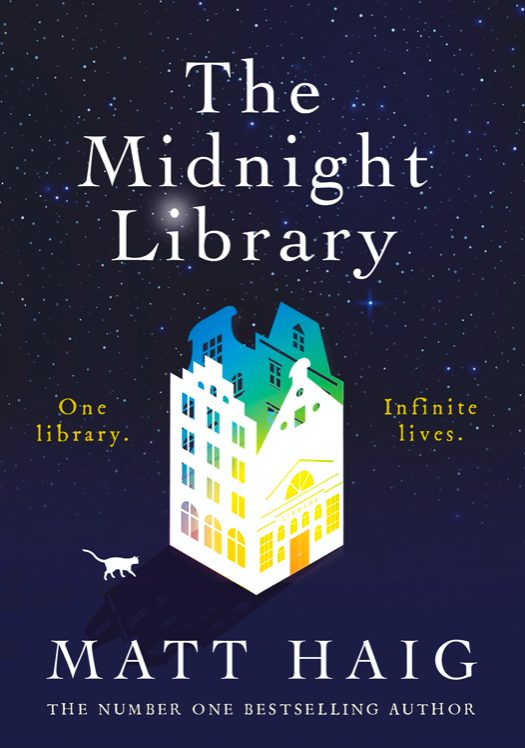Anyone who has watched Frank Capra’s Christmas classic, It’s A Wonderful Life, will recognise the premise of Matt Haig’s latest novel. Known for his messages of hope for those stuck in a rut of despair Haig leads his latest main character, Nora Seed, from rock bottom and into ‘The Midnight Library’ where she is given an opportunity to live a plethora of lives and learns what her seemingly meaningless day-to-day interactions both positively caused and positively prevented in what she considered a failure of a life.
It is an exciting starting point for a book and although entirely predictable, and not entirely original, it is one of those books that the reader will delight in swallowing whole in one sitting.
Nora Seed lives in the small town of Bedford (another similarity – although perhaps unintentional – to Capra’s popular film) where she has just lost her job, is unreliable as a piano teacher, is alone, has lost all of her closest friends and family and now, to top it all, has lost her cat. She feels her life is worthless and that it would be better if she wasn’t here at all. And so, following an overdose, she finds herself in ‘The Midnight Library’, somewhere between life and death, where she is offered a series of different lives based on her regrets. Choices she could have made differently. Decisions she might have taken which would have altered, not just the direction of her own life, but the direction of many others, and not always for the better.
Typically, Haig manages to weave powerful messages into his fictional setting and gives the reader plenty of food for thought about their own lives with neat little pearls of wisdom: “It was as though she had reached some state of acceptance about life – that if there was a bad experience, there wouldn’t only be bad experiences.” And it is these which make Haig such a unique and prized writer. He speaks to the soul and although the book is all too easy to second guess (even more so if readers are familiar with Haig’s other work) and may be over all too quickly, the sentiments will resonate far beyond the closing of the book’s pages.
